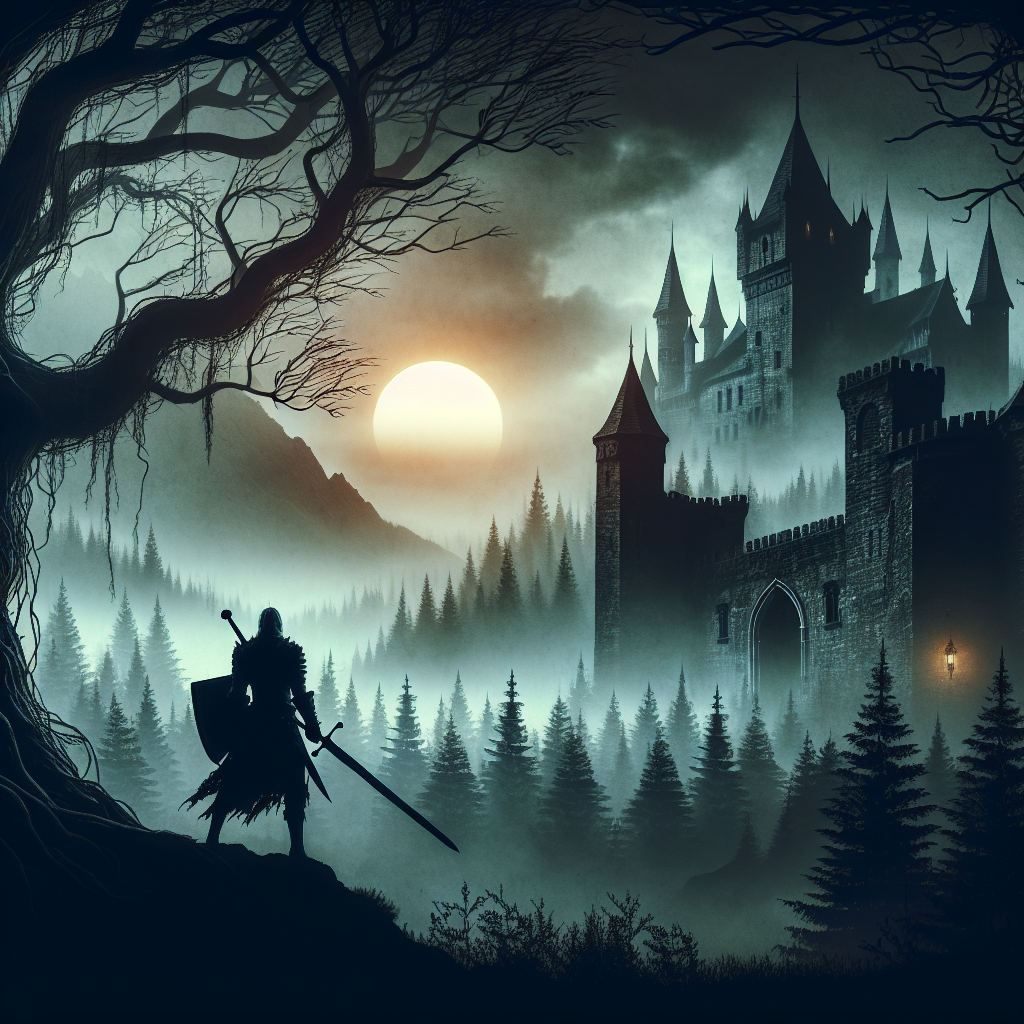The Witcher (2019): A Reflective Analysis of Its Impact and Legacy
Introduction
In 2019, Netflix unveiled "The Witcher," a fantasy drama series adapted from the book series by Polish author Andrzej Sapkowski. The show, developed by Lauren Schmidt Hissrich, rapidly became a cultural phenomenon, captivating audiences with its intricate storytelling, complex characters, and meticulously crafted world. In the grand tapestry of television history, "The Witcher" stands out as a notable achievement in the adaptation of literature to screen, drawing comparisons to series like "Game of Thrones" for its lore-rich narrative and expansive universe. This analysis seeks to explore the thematic depth, character development, narrative techniques, and cultural impact of "The Witcher," while contemplating its enduring significance.
Themes and Narrative Techniques
At the heart of "The Witcher" are complex themes that resonate across episodes and character arcs. The show delves deeply into concepts of destiny, identity, and morality—often blurring the lines between right and wrong in its portrayal of a war-torn continent rife with magic and monsters. The theme of destiny is epitomized by the phrase often echoed throughout the series: "The Law of Surprise," which binds characters like Geralt of Rivia (played by Henry Cavill), Ciri (Freya Allan), and Yennefer (Anya Chalotra) together in unforeseen ways.
A notable narrative technique employed by "The Witcher" is its non-linear storytelling. The first season interweaves multiple timelines, gradually converging as viewers piece together the intricate puzzle of each character’s journey. This technique, while initially challenging for viewers unfamiliar with the source material, ultimately enriches the depiction of the world and its history, creating an immersive narrative that encourages active engagement.
Character Arcs
Geralt of Rivia, the titular Witcher, is the series’ enigmatic protagonist. His character arc is a study of the lone wolf trope, navigating the challenges of a world that fears and misunderstands him. His journey reveals an underlying humanity, as Geralt grapples with his role in the lives of others, particularly his paternal bond with Ciri. Henry Cavill’s portrayal brings a stoic yet deeply empathetic quality to the character, earning critical acclaim for capturing Geralt’s complexity.
Yennefer of Vengerberg’s transformation from a hunchbacked outcast to a powerful sorceress explores themes of ambition, sacrifice, and the search for self-worth. Her arc is both tragic and empowering, highlighting the personal cost of power. Anya Chalotra delivers a compelling performance, infusing Yennefer with vulnerability and strength.
Ciri, the Lion Cub of Cintra, represents innocence thrust into chaos. Her journey from princess to fugitive reflects a coming-of-age narrative, laden with the heavy burden of destiny. Throughout the series, her character evolves from a sheltered royal to a determined force, illustrating the resilience of the human spirit.
Key Episodes and Perspectives
Episodes such as "Betrayer Moon" and "The Last Wish" showcase the series’ ability to blend monster-of-the-week storytelling with long-term character development. "Betrayer Moon" delves into Geralt’s moral code as he faces the Striga, a cursed princess, highlighting the ethical dilemmas he encounters. "The Last Wish" explores Geralt’s complex relationship with Yennefer, rooted in destiny yet fraught with personal conflicts.
From a narrative perspective, the show embraces diverse voices and identities, addressing issues of prejudice and otherness through the experiences of non-human characters, marginalized sorceresses, and a war-torn society. The political intrigue and social commentary embedded within the series provide a reflective lens on contemporary issues, such as xenophobia and the impact of war on civilian lives.
Cultural and Social Reflection
"The Witcher" resonates culturally by drawing on Slavic folklore and themes familiar to global audiences, such as heroism, love, and sacrifice. Its portrayal of morally ambiguous characters and complex societies prompts viewers to question conventional narratives of good versus evil. This reflection of cultural nuance enhances the series’ appeal to international audiences, transcending linguistic and geographical boundaries.
Moreover, the show contributes to the broader conversation on diversity and representation within the fantasy genre. By centering powerful female characters alongside traditionally stoic male heroes, "The Witcher" challenges and expands the genre’s established norms. The inclusion of diverse actors and storytellers adds depth to its fictional world, promoting a more inclusive narrative.
Legacy and Influence
"The Witcher" has left an indelible mark on the television landscape, not only due to its high production values and storytelling but also in setting a precedent for adaptations of literary works. While comparisons to "Game of Thrones" are inevitable, "The Witcher" distinguishes itself through its commitment to the source material and its unique stylistic approach. The series has spurred renewed interest in Sapkowski’s novels and video game adaptations, contributing to the franchise’s enduring popularity.
Its success has also encouraged streaming platforms to invest in high-quality, diverse genre content, paving the way for future adaptations that honor their literary origins while embracing innovative storytelling.
Conclusion and Reflective Takeaways
"The Witcher" serves as a powerful reminder of the fantasy genre’s potential to illuminate complex themes and societal truths. As we consider its relevance today, questions arise: How do ongoing cultural shifts influence our understanding of destiny and identity as portrayed in the series? What lessons can we glean from its depiction of non-linear narratives and morally gray characters in a polarized world?
In contemplating the legacy of "The Witcher," viewers are invited to reflect on the shared myths and stories that shape our collective consciousness, pondering how these narratives might evolve in the face of future cultural landscapes. As the series continues to enchant new audiences, its exploration of human complexity and the consequences of our choices remains profoundly resonant, echoing in the annals of both television history and popular culture.
Got more questions? Our personalized TV Explorer AI assistant is here to help. Click here to start a conversation!
[Advertisement]
Want to see the deeper significance behind your favorite TV shows? Discover how ANY show relates to positive biblical principles with TV and Scripture GPT from BGodInspired.com. Click here to gain insights that go beyond the screen!
[Advertisement]

